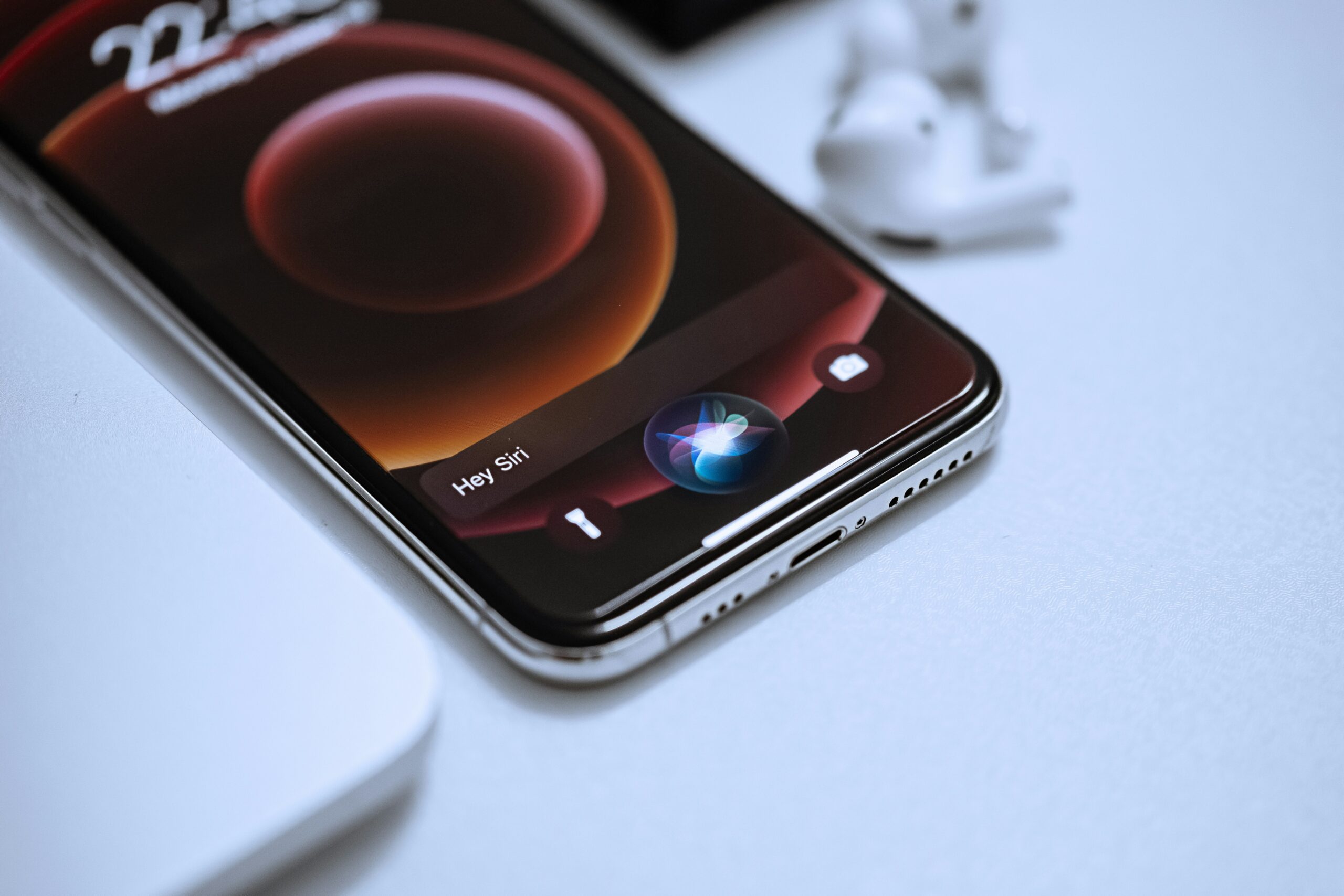From Amazon’s Alexa to Apple’s Siri and Google Assistant, voice-controlled AI companions have quickly become part of our daily lives. Whether we’re asking for the weather, playing music, or managing smart home devices, these assistants are increasingly trusted to handle important tasks. But why is that? What makes us so comfortable talking to machines?
Understanding the psychology behind our relationship with voice assistants can shed light on our evolving connection with technology—and why we’re more willing than ever to invite AI into our personal lives.

A Voice Feels Personal: The Power of Human-Like Interaction
One of the most compelling reasons people trust voice assistants is simple: they speak our language. Literally.
Human beings are wired to respond to voice and tone. From infancy, we associate voice with guidance, reassurance, and authority. So when a voice assistant replies in a calm, confident tone, it naturally evokes a sense of trust.
Researchers refer to this as “social presence”—the feeling that we’re interacting with another social being. Even if we consciously know it’s a machine, our brains can’t help but assign human characteristics to the voice. This subtle anthropomorphism blurs the line between tool and companion.
Predictable Behavior Builds Trust
Consistency matters. Voice assistants are designed to be predictable, polite, and helpful. When a system reliably responds to your requests in the way you expect, it builds cognitive trust—a form of confidence based on repeated positive interactions.
Think about how often you say “Hey Siri” or “OK Google” and get a satisfactory result. Even small successes, like setting a timer or checking traffic, reinforce the idea that the assistant is competent and dependable.
Over time, this reliability creates a perception of safety and control—even when we don’t fully understand how the technology works behind the scenes.
Why It Feels Like They’re Listening (Because They Are)
Voice assistants are designed to adapt to user behavior. They learn preferences, speech patterns, and even contextual nuances. This personalization creates a sense of intimacy, which strengthens emotional trust.
For instance, if your assistant recognizes your voice and gives you tailored updates—like reminding you of a meeting or adjusting the thermostat—it feels like it knows you. And people tend to trust those who know them well.
Of course, this same feature raises privacy concerns. But paradoxically, many users still trust their assistants, often underestimating the amount of personal data being collected in exchange for convenience.
Use Case Insight: Smart Homes and Routines
Voice assistants really shine in smart home ecosystems. Controlling lighting, alarms, music, and appliances with simple voice commands makes life easier and more efficient.
But more than that, it creates a feedback loop. The more a user relies on voice control, the more natural and indispensable it feels. This dependency reinforces trust, especially when the assistant learns to anticipate routines like:
- Waking you with a soft light and news briefing.
- Locking the doors and turning off lights at night.
- Suggesting grocery lists based on past purchases.
These micro-moments of assistance add up to a perception of the assistant as a reliable household partner, not just a digital tool.
The Role of Design and Branding
The companies behind voice assistants have carefully crafted their personalities to earn trust. Alexa’s voice is intentionally warm and friendly. Siri is concise and witty. Google Assistant is straightforward and informative.
This emotional design influences how we perceive these entities. The illusion of personality builds rapport. That’s why people sometimes say “please” or “thank you” to a device—it’s an unconscious social habit applied to an AI with a human-like voice.
Brand familiarity also plays a role. When trusted brands release voice assistants, consumers are more likely to project that trust onto the technology itself, even if it operates in a “black box” way.
The Psychology of Control
Giving voice commands creates a feeling of control, even when the underlying systems are complex. You say it, and it happens.
This perceived control enhances trust. Unlike clicking through apps or settings, speaking is instinctive and efficient. It puts the user in the driver’s seat, reinforcing the illusion that they’re directing the system rather than being served by an algorithm.
Trust Isn’t Always Rational
Despite the convenience and familiarity, voice assistants are not infallible. They can mishear commands, misunderstand accents, or be prone to security risks. And yet, people continue using them every day.
Why? Because trust in technology is often based more on emotional satisfaction than critical evaluation. If the assistant “feels” helpful, users overlook its flaws. It becomes part of the household fabric—much like a microwave or TV—despite its far more invasive potential.
Voice Assistants and Children: A Growing Dynamic
Children are among the most trusting users of voice assistants. They often treat them like real people, asking questions or playing games.
This dynamic raises interesting psychological questions. For kids, these devices can serve as tutors, entertainers, and companions. But they can also influence speech development, attention span, and behavior.
Parental controls and education about how these devices work are crucial, especially as children grow up in an environment where talking to machines is normalized.
What the Future Holds
As voice AI evolves, we can expect assistants to become even more natural and context-aware. Future iterations may:
- Detect emotions through voice inflection
- Respond differently based on time of day or location
- Initiate proactive suggestions or reminders
- Integrate deeply into our physical environments (e.g., cars, glasses, wearables)
These changes will make trust even more complex. While the user experience will likely feel more seamless and human, the risks of surveillance and manipulation will also increase.
The challenge ahead lies in balancing the psychological benefits of trust with greater transparency and data responsibility.
Final Thoughts
Voice assistants are trusted not just because they work—but because they feel familiar, personal, and competent. Through human-like voices, predictable responses, and helpful routines, they’ve carved a unique psychological space in our lives.
As smart devices continue to evolve, understanding why we trust them is key to using them more mindfully. The convenience is undeniable, but so is the need to remain aware of the influence these digital voices have in shaping how we live, think, and connect.


Leave a Reply